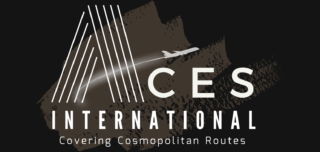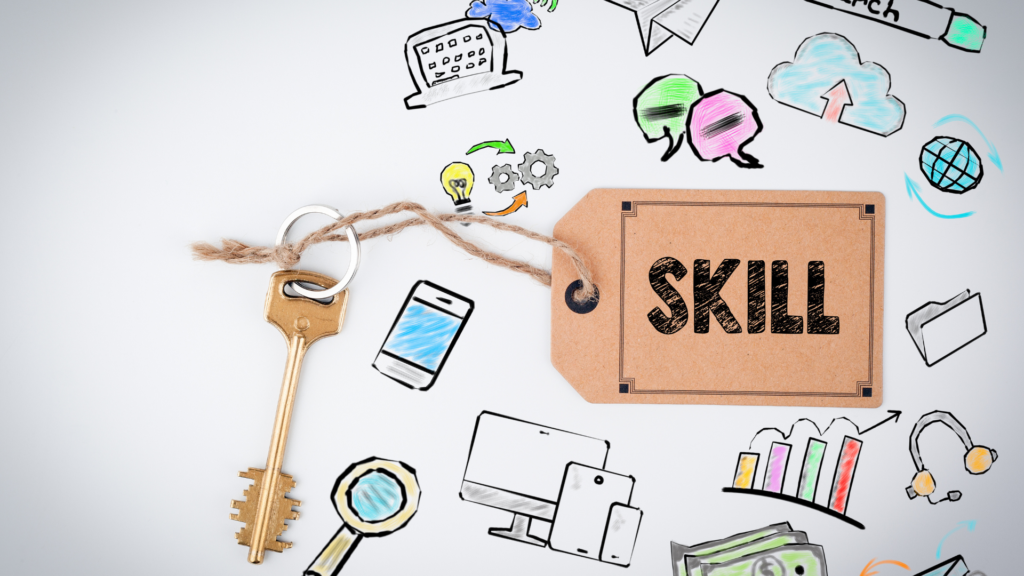Are you eager to improve your professional abilities but unsure where to start? Look no further – this is the ultimate guide you’ve been searching for! Whether you’re a seasoned professional or just starting out in the workforce, developing your skills and knowledge should be an ongoing priority. In this post, we’ll dive into proven strategies and practical tips that can help take your professional game to the next level. From cultivating leadership qualities to mastering new technologies, get ready to unlock your full potential with our comprehensive guide. Let’s begin!
Identifying Professional Goals
By identifying your goals, you can set yourself up for success and ensure that your professional development is focused and effective. It may turn out that you need to do some additional training, which is why course providers such as Medset come in useful (if you are in the healthcare field), so that you can build on your skills and be the best you can be.
Here are a few key questions to ask yourself when identifying your professional goals:
– What do you want to achieve in your career?
– What kind of impact do you want to make in your field?
– What knowledge and skills do you need to achieve your goals?
– What are your long-term career aspirations?
Answering these questions will help you develop a road map for your professional development. Keep in mind that your goals may change over time, and that’s OK! As you gain experience and knowledge, you may find that different opportunities open up to you. Flexibility is key in pursuing a successful career.
Learning New Skills
If you are starting to explore ways you can develop your professional skills, you will find there are a few different approaches you can take. You can learn new skills through formal education, such as taking courses (either in-person or on sites like corexcel.com), or completing an apprenticeship.
Alternatively, you can develop your skills informally by reading books or articles, attending conferences or workshops, or through on-the-job training.
If you want to learn new skills quickly and effectively, the best approach is often a combination of both formal and informal education. For example, if you want to learn how to use a specific software program, you might take a course on it while also reading articles and watching tutorials online.
By combining different methods of learning, you can gain the knowledge and experience you need to succeed in your field. This can be really important in specialized areas such as home caregiving, where a mix of formal training and practical experience is necessary. For those interested in this field, consider exploring Qualifications and Training for Home Caregivers opportunities to build a thorough base. This way caregivers can improve their skills from basic to advanced, ensuring that they are ready to handle various challenges they may encounter.
Relationships And Networking
Building and maintaining relationships is key to developing your professional abilities. Having a strong network can help you reach your goals, whether you’re looking for a new job, seeking advice or sounding board, or hoping to find collaborators or customers.
Relationships take work, but there are some key things you can do to cultivate strong professional relationships:
-Get involved in your industry or profession. Join relevant organizations and attend events. This will help you meet people with similar interests and goals.
-Be a good listener. People will appreciate being heard and understood. Show genuine interest in others, and they will likely reciprocate.
-Offer help and advice when you can. If you see someone struggling with something, offer your assistance. People will remember when you’ve gone out of your way to help them.
-Follow up after meeting someone new. Send a note or connect with them on social media to stay in touch. You never know when a connection may come in handy down the road.
Overcome Challenges
In order to overcome the challenges you face in developing your professional abilities, it is important to have a clear understanding of what those challenges are. Once you have identified the challenges, you can develop strategies for overcoming them.
One of the biggest challenges you may face is confidence. It’s easy to give into the voices that are saying you’re not good enough, or that you don’t have what it takes. The key is to remember that everyone feels this way at some point and that success is possible if you’re willing to work for it.
Another common challenge is imposter syndrome, which is when you feel like a fraud or an impostor even though you’ve achieved mastery in your field. This can be a difficult hurdle to overcome, but it’s important to remember that everyone experiences doubt and that it doesn’t mean that you’re not good enough.
Sometimes, external factors in the workplace can also hinder your growth. A toxic work environment-whether due to poor leadership, lack of support, or racial slurs in the workplace-can make it difficult to stay motivated and focused on career development. If you find yourself in such a situation, it’s important to seek guidance, whether from HR, a mentor, or external legal resources, to ensure that your workplace remains a space where you can thrive.
If you’re struggling with self-doubt or imposter syndrome, reach out to a mentor, a trusted colleague, or even something like one of these women empowerment workshops for support and advice. Talking through your challenges with someone who has been through them before can help give you the courage and strength to keep going.
Practice Professionalism
Professionalism is about more than just looking the part. It’s also about behaving in a way that meets the expectations of your employer or organization. Here are some tips for practicing professionalism:
Be punctual and reliable. Show up on time for work, meetings, and appointments. If you can’t make it on time, call ahead and let someone know.
Dress appropriately for the situation. Know what the dress code is and follow it. If you’re not sure, err on the side of caution and dress more formally.
Be respectful to everyone you interact with, regardless of their position or status. This includes co-workers, customers, vendors, and clients. Avoid gossip and office politics.
Communicate professionally in all forms of communication, including email, social media, and in person. Write clearly and concisely, using proper grammar and spelling. Be respectful even when disagreeing with someone.
Be a team player. Cooperate with others and pitching in when needed. Follow through on your commitments. Be positive and upbeat, even when things are tough.
Conclusion
In conclusion, developing your professional abilities can open many doors for you in your career and personal life. As long as you keep track of the various things that are required to improve your abilities, make a plan for development, and continue to stay informed and motivated, you can achieve great things. We hope this guide helped provide some ideas about how to start on the path towards improving your career prospects or launching into something new entirely!

